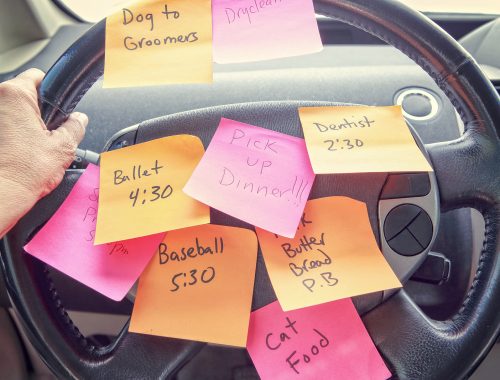I don’t remember a time when I had a good relationship with food. Even when I was little, I remember being embarrassed by the fact that I was hungry and liked foods other kids turned their noses up at, spinach et al.
When my now threenager had just turned one and was starting to really get into food, I made an appointment for us to see a child nutritionist. “Is he a picky eater?” she asked in her office. “Oh, he’s eating perfectly,” I told her. “He eats avocado and salmon, eggs….you name it, all the good stuff.” I paused to answer the question on her lips. “We’re here because I have never had a good relationship with food. I know that the implications of this have been far reaching in my life—and I want to know what I need to do to make sure it doesn’t happen to him.” I realized then that nutritionists aren’t into psychological counseling and that I needed to learn my own coping mechanisms that I could implement into my life and pass on to my child.
******
I eat for a lot of reasons—because I’m sad, because I’m anxious, because I’m happy and comfortable, or celebrating or mourning. When I eat out it’s because I know that the food is supposed to be great somewhere, rather than because I want to enjoy it and I rarely eat because it’s time to fuel up. Everything that crosses my lips is an exercise in guilt and even if the *insert food here* tastes greasy and too rich, I’ll often still eat it, just because.
I’ve tried a million diets, most were stupid fads that didn’t have a chance in hell of working, some were based on sound nutritional tenets (eat less, more often, choose carefully, don’t add salt, don’t eat after 8pm) and worked brilliantly. Until they stopped working.
But not one of them ever told me to be kinder to myself.
In fact, until I read Andrea Lieberstein’s Well Nourished, I’d never even considered the very obvious importance of being mindful about eating. This summer, I was eating most meals out with visiting guests (it’s a busy season when you live in a place that people like to vacation in) or eating distractedly while I worked or watched TV. And suddenly—after reading only a few chapters—instead of hiding from the act of intaking food, I was thinking about why I wanted to be healthier. Going deep about the reason I actually wanted to drop the weight, how eating has impacted me, and what a positive interaction with food would bring to my life. And I had to actually pen these things into the book, so you know I thought hard about them.
Suddenly, food looked different to me. Hunger felt different. Before diving into a bag of *insert random food shaped thing here*, I stopped to ask myself if I was stressed. Or anxious, or happy, or whatever. And more often than not I found that I wasn’t hungry, I was looking for distraction or solace.
Eating mindfully and contemplating food as nourishment has changed me forever in a way that a food plan could not. Yes, I’ve lost 10lbs in 2 weeks, but as with any weigh loss approach, time will tell. What’s even better though is that having read Well Nourished, I’m now sure of a few things that I just suspected before. I’m sure that humans can’t be whole and healthy without developing a good relationship with food. I’m sure that reconciling the act of eating with all the pieces of ourselves—emotionally, intellectually, socially, creatively, and even spiritually—is as important as our legs being able to act in tandem with our feet. And I’m absolutely certain that ingrained overeating runs deeper than simple gluttony and can’t be solved by just treating the symptoms.
As Lieberstein reveals, gently, and with all the tools and support necessary to restructure our minds after a lifetime of imbalance: we need to feed our whole selves.


